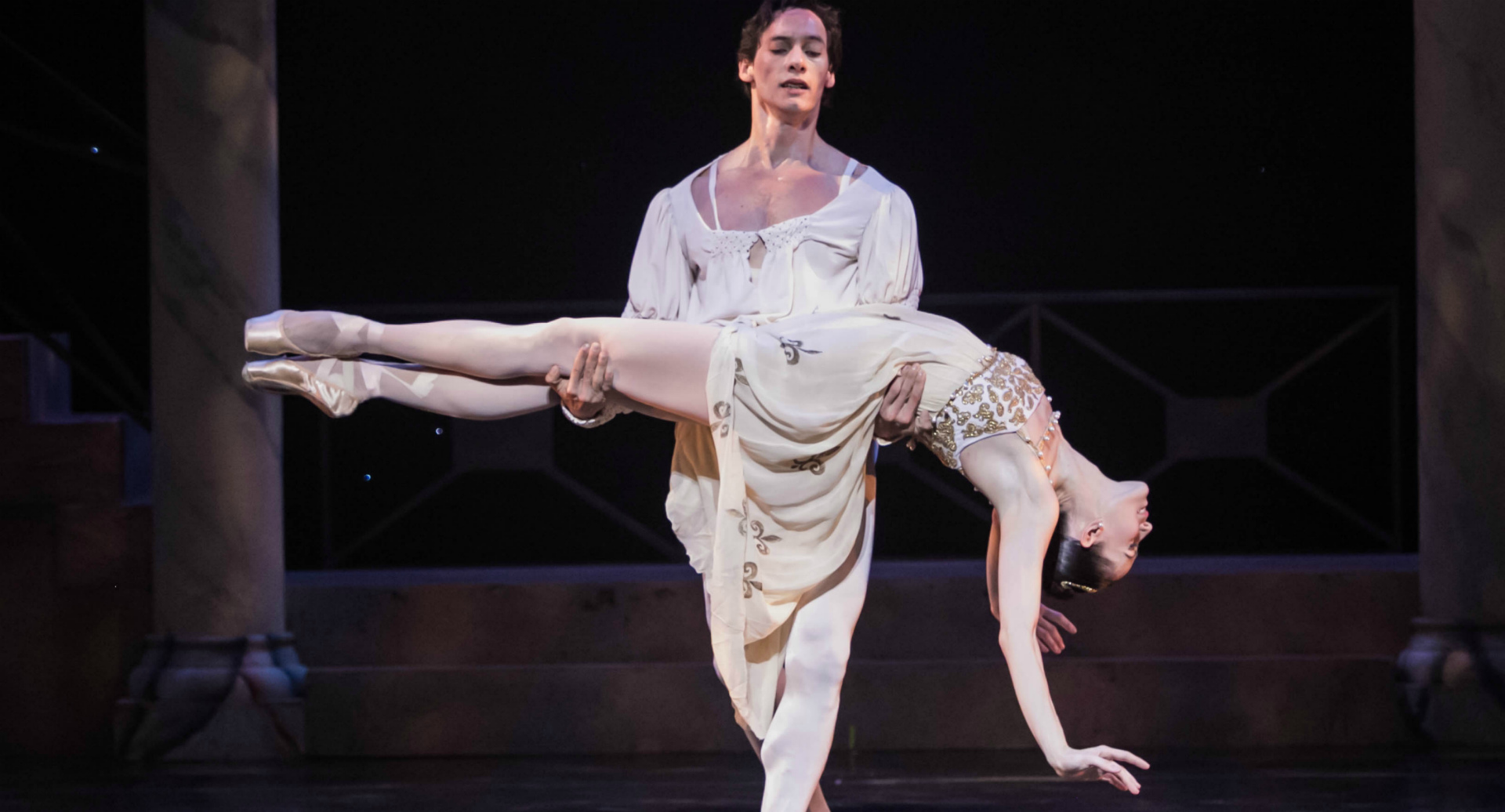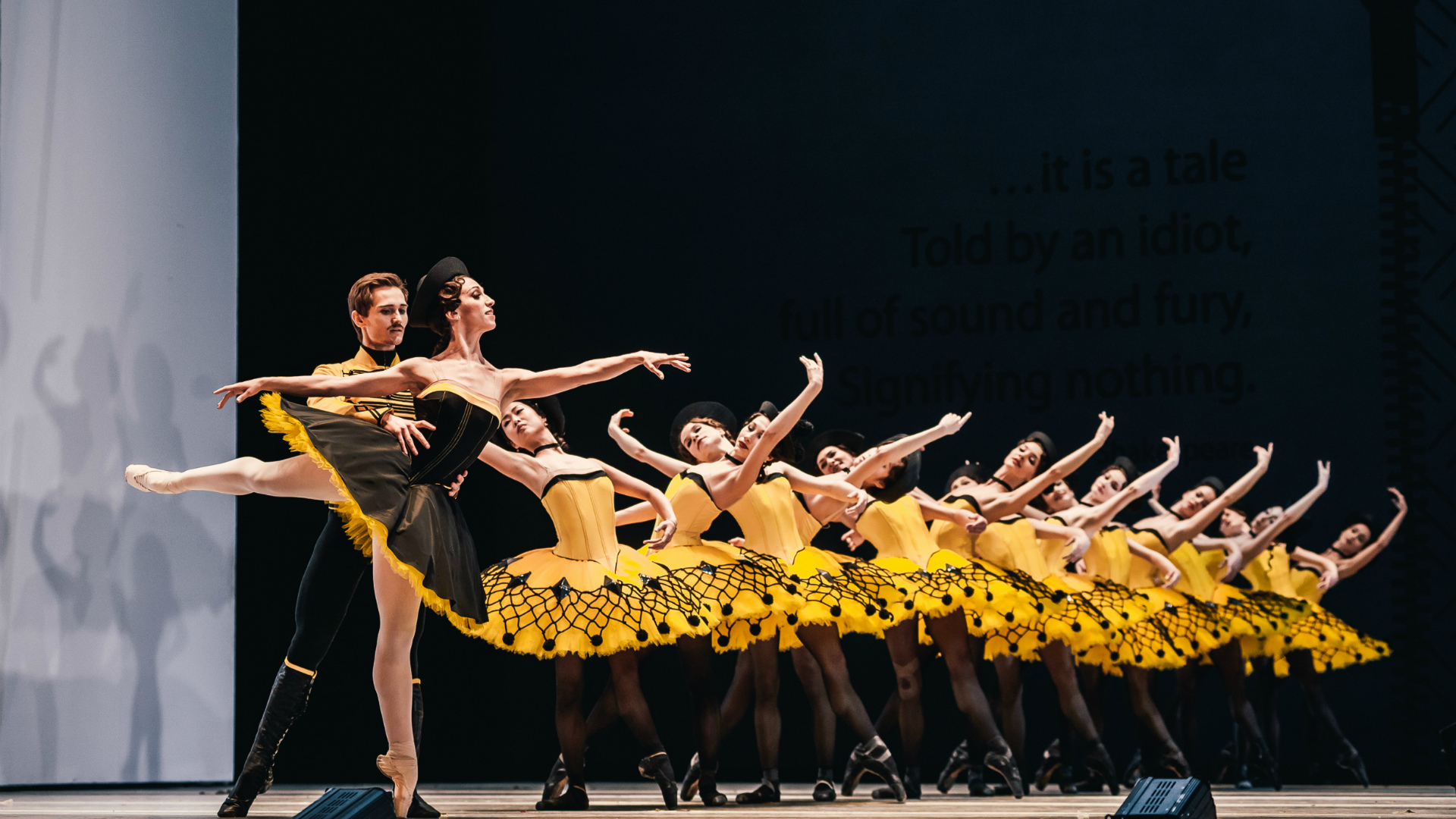Ekaterinburg State Ballet Theatre
The Ekaterinburg Opera and Ballet Theatre is one of the oldest opera theatres in Russia, a bearer of the Russian and international musical traditions, seeking to comprehend and incorporate the classical heritage in the context of changing cultural demands of the Russian society and to encourage further development of the music theatre in Russia.
Throughout the years outstanding masters have worked here. Many singers, including Sergei Lemeshev, Ivan Kozlovsky, Irina Arkhipova, Boris Shtokolov, Yuri Gulyaev and others, who later made the glory of the Russian stage, started in Ekaterinburg. The tradition to give away the best masters to metropolitan and world theatres has always been the lot of any provincial company. Among the recent “honorable losses” are conductors Ririll Tikhonov, one of the founders of “Helicon-Opera”; Yevgeny Kolobov, art director of “New Opera”; Alexander Tittel, chief stage director of Moscow’s Stalislavsky and Nemirovich-Danchenko Music Theatre; world stars Vladimir Ognovenko and Galina Gorchakova, the Bolshoi soloist Andrei Grigoriev; the “Helicon-Opera” soloist Andrei Vylegzhanin; the singer Elena Voznesenskaya, the “Russian Ballet” soloist Marina Bogdanova and many, many others…
Glamour and excitement to the Ekaterinburg Theatre has been brought by the talented music director and conductor Yevgeny Kolobov and later by the creative team of the conductor Yevgeny Brazhnik and the stage director Alexander Tittel, whose memorable productions include the operas Peter I by Andrei Petrov, Verdi’s La Forza del Destino, Mussorgsky’s Boris Godunov, Prophet by Kobekin and Offenbach’s The Tales of Hoffmann.
The Theatre was the first provincial company to be granted the USSR State Prize (then it was called Stalinsky Prize) for staging Otello by Verdi in 1946 (music director Margulyan, stage director Brill, chorus master Preobrazhensky; singers Kiselevskaya, Azrikan). The series of artistic experiments led to the second State Prize in 1987 for staging the opera The Prophet by the Ural composer Vladimir Kobyakin (music director Brazhnik, stage director Tittel; singers Bobrovitskaya, Tyumentsev).
The history of music theatre development worldwide has proved that steady and rapid development of the theatre company has to be warranted by the high quality productions that are comparable to the highest international standards. This requires new ideas and new approaches to creative work as well as new technological level on the production side.
The ‘golden fund’ of national music culture has to be present in the company’s repertoire at any given time, while the repertoire itself has to change continuously using the latest achievements of the source studies, musicology and theatre history.




